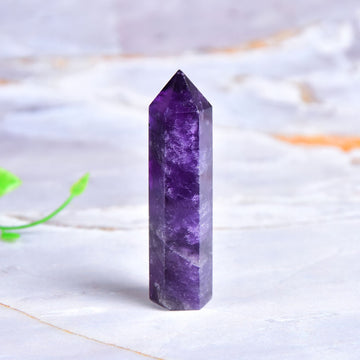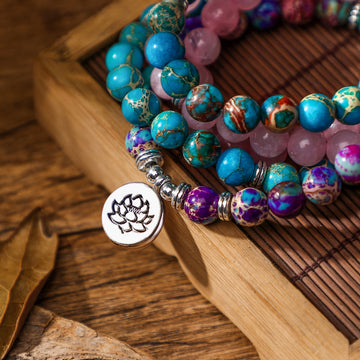What Your Posture Says About Your Personality
Researchers from McGill University and the San Diego University for Integrative Studies gathered 100 people and set out to determine if extroverts and introverts stood in different ways. The subjects were grouped based on four types of posture:
- Ideal posture: a neutral position of the head, spine, and pelvis
- Kyphosis-lordosis posture: forward head position, an exaggerated rounding of the upper back and an exaggerated arch in the lower back
- Flat back posture: forward head position, pelvis tucked under and a flat lower back
- Sway-back posture: pelvis tucked under and pushed forward, a flat lower back, and hyperextended knees
The study showed a striking correlation between personality and posture. Ninety-six percent of the subjects who had ideal posture and eighty-three percent of the subjects who had kyphosis-lordosis posture were extraverts. The introverts, on the other hand, were far more likely to have flat back or sway-back posture.
The results of the study alone are noteworthy, but understanding the reason why extraverts and introverts tend to stand differently is fascinating: It goes back to our ancient physical responses to positive and negative stress. When we feel confident, our action response kicks in, prompting us to stand up straight and arch our back, preparing for action. Extraverts tend to feel and act confidently, and repeated activation of the action response can lead extraverts to stand in this posture all the time.
In contrast, when we feel timid, fearful or don’t want to be the center of attention, our withdrawal response is triggered. The withdrawal response causes us to contract our abdominal muscles as if to curl up into the fetal position so we feel protected. When we contract our abdominal muscles, we tuck our pelvis under and the natural arch in our lower back is flattened, resulting in the flat back or sway-back postures common among introverts.
So, how do you determine what kind of posture you favor and what can you do to improve it?
- First, have a friend take a photo of you from the side. Stand normally and don’t try to have perfect posture. Looking at a photo instead of at your reflection in the mirror will help you see your posture more objectively. Be aware of the muscle tension pulling you into your habitual posture. Are your tight lower back muscles causing you to arch your back? Are your abdominal muscles contracted, pulling your head forward and flattening your lower back?
- Start noticing if the way you’re feeling causes you to sit or stand in certain ways. Do you stand up straight or arch your back when you feel confident? Do you slouch when you feel timid or don’t want to be the center of attention?
- Focus on your posture during your workouts. Exercise offers the perfect opportunity to concentrate on your form with no distractions like phone calls or emails.
- Set a timer on your phone to go off every ten minutes throughout the day. When it goes off, check in with yourself and notice how you’re sitting or standing. Correct your posture if needed, and see how long you can stay in that ideal posture.
The more aware you are of how you’re holding yourself, the better you can correct potentially improper and painful posture!
The post What Your Posture Says About Your Personality appeared first on Project Yourself.




































